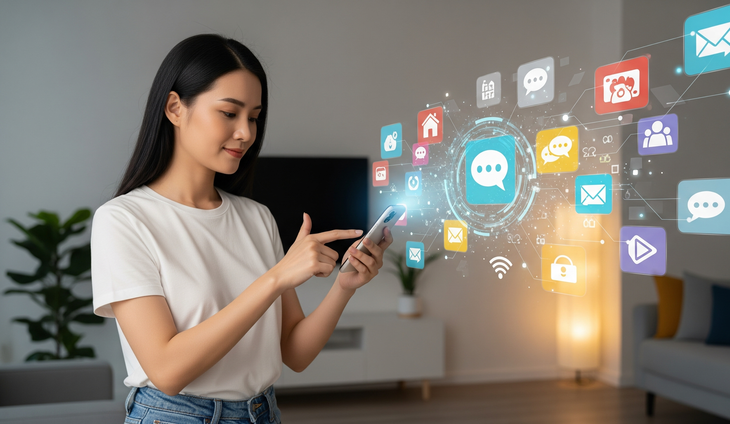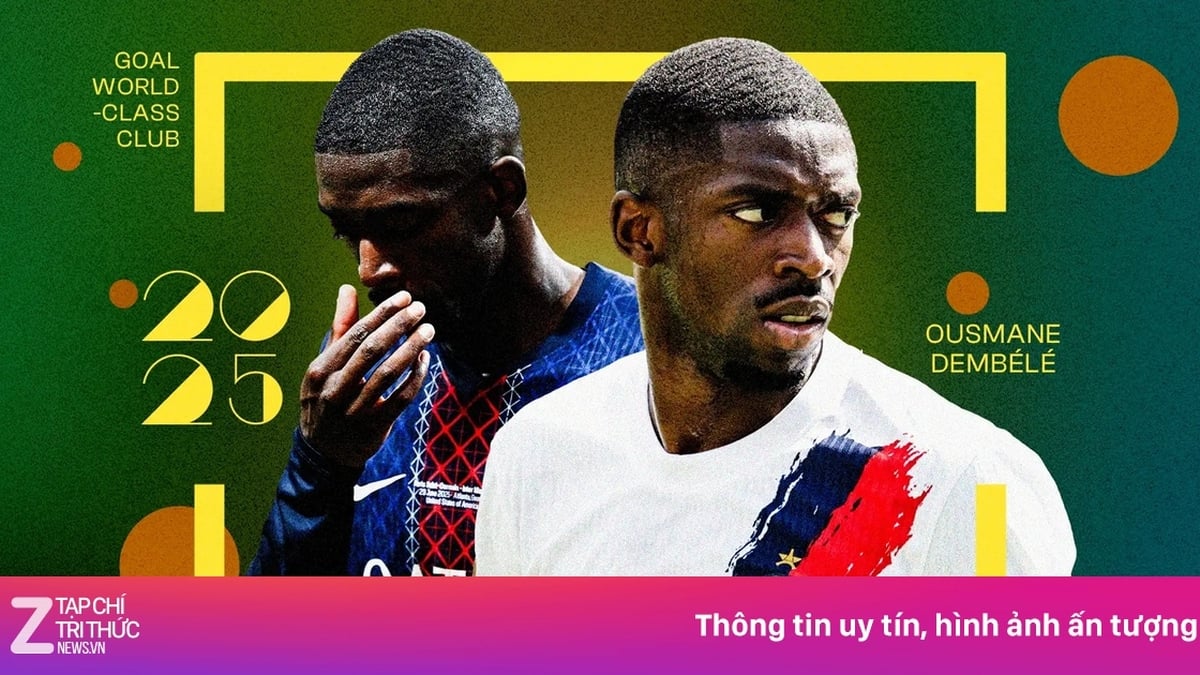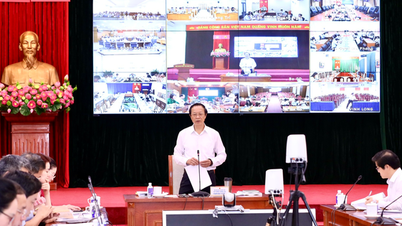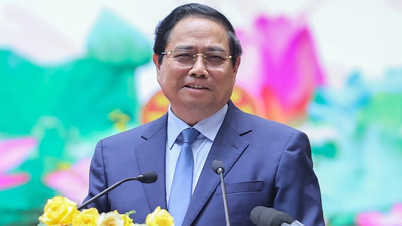
Smartphones today can control "the whole world "
When Steve Jobs introduced the first iPhone in 2007, few people could have imagined that a small device would control the world of personal technology. Nearly two decades later, that is no longer a vision, but a reality that we live in the palm of our hands.
Smartphones have gone beyond their role as a communication device . They can replace bank cards, TV remotes, and become mobile offices, security cameras, gaming devices, entertainment tools, maps, and personal schedules.
The convergence of high-bandwidth connectivity, cloud computing, artificial intelligence, and an app ecosystem turns smartphones into the central dashboard of our digital lives and even our less-recognized habits.
Smartphones are driving the digital ecosystem
One of the fundamental changes that has turned the phone into a control device is the rapid development of the Internet of Things (IoT) . Electronic devices in the home, from lights, air conditioners, air purifiers to rolling doors, cameras, and smart speakers, are all capable of connecting to the network and receiving commands from the phone.
Platforms like Apple HomeKit, Google Home or SmartThings allow for the entire apartment to be controlled via a touchscreen app.
Wearable devices such as watches, fitness trackers, and wireless headphones also act as extensions of your phone. A smartwatch can now measure your heart rate, track your sleep, alert you to stress, and sync your schedule with data from your phone and the cloud.
Cloud computing is the silent foundation behind the smartphone's all-in-one . Every document, photo, video , work project doesn't need to be stored locally, but can be accessed remotely. This approach makes phones light, fast, and constantly up-to-date, while personal data is easy to share and retrieve across devices.
Finally, we cannot fail to mention artificial intelligence (AI) - the silent factor that makes smartphones smarter. Facial recognition to unlock, video recommendations according to interests, timely meeting reminders, photo classification by face... AI helps phones work faster, more accurately and more personalized.
Personal device or "behavioral controller"?
Every day, hundreds of tasks are handled via smartphones: Working, booking a car, looking up information, sending reports, checking cameras, shopping, paying, entertaining, booking tickets... all integrated into a single screen.
Many industries have completely shifted away from traditional web platforms to prioritize mobile app experiences . Digital banking, online education , social networking, and entertainment videos are all optimized for smartphones. A segment of young users today no longer need to use laptops because they can perform most personal and professional tasks with just their phones.
However, according to Tuoi Tre Online , this convenience comes with the consequence that phones are not only a service tool but also gradually become a behavioral driver. Personalization algorithms are designed to keep users on the platform for as long as possible . Push notifications, endless scrolling interfaces, continuous suggestions... all aim to maximize interaction, extend usage time and collect more behavioral data.
Therefore, using a smartphone should start with a clear purpose . Prioritize applications that serve work, study, and health instead of mindlessly surfing the internet. Turn off unnecessary notifications, set time limits for social media use, spend time on off-screen activities... Remember, your smartphone is a tool for you, not a "behavioral controller"!
Source: https://tuoitre.vn/dien-thoai-ngay-nay-quyen-luc-den-muc-nao-20250617103147711.htm

































































































Comment (0)